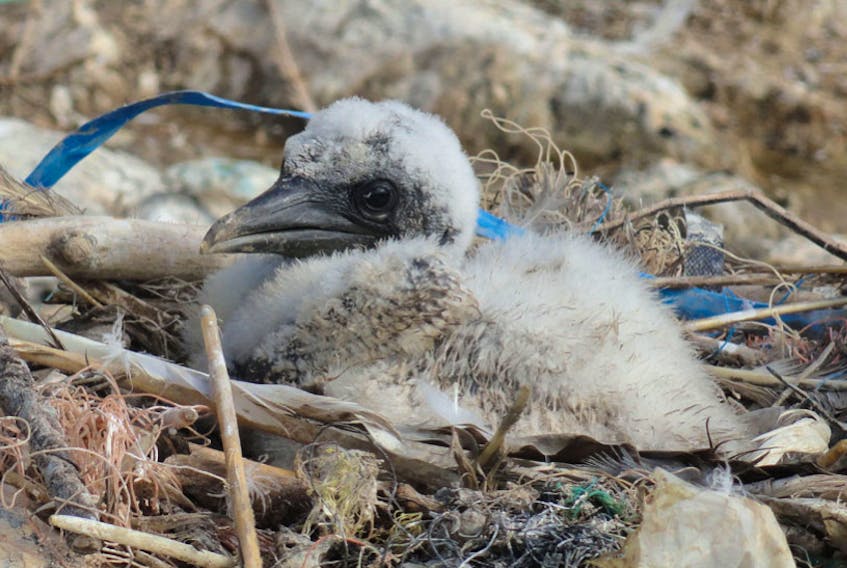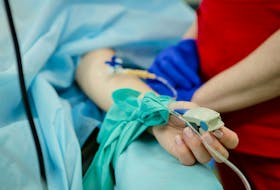While birdwatching off the northern coast of Newfoundland, it has become more common to catch a glare off of the nests belonging to marine birds. What is being seen are pieces of plastic or fishing debris woven into the nests. This is a distressing sight and has been causing a bigger threat than you might have originally perceived.
The waste that has continued to pollute the ocean has found its way into the stomachs of marine birds such as common and thick-billed murres, gannets, northern fulmars, Leach’s storm petrels and dovekies (alle alle). It is predicted that by 2050, 99 per cent of seabird species will be subject to plastic ingestion; right now 59 per cent are subjected. This is devastating and something must be done to ensure that it does not come true.
As we use more, we pollute more, creating problems for the ecosystem we live in. This is creating exponential growth in the wrong direction. The number of microplastics in the world’s oceans ranges from 15 trillion to 51 trillion pieces. These plastics are being eaten every day by seabirds.
It is predicted that by 2050, 99 per cent of seabird species will be subject to plastic ingestion; right now 59 per cent are subjected.
One study found that 48 per cent of storm petrels had plastic in their stomachs. Some of the storm petrels had up to 17 pieces each. These storm petrels are a great indicator for plastic pollution as they are incredibly abundant, widely distributed over the North Atlantic and North Pacific oceans and have a long lifespan. A fair amount of these birds with plastic in their stomachs will offload it into their offspring. This means that storm petrel chicks will have a much higher plastic burden than their parents. This discovery is incredibly worrying, as with each generation, the levels of plastic in seabirds will increase.
A huge problem with the ingestion of plastics is associated with an important oil located in most marine birds’ stomachs. A large amount of the commonly ingested plastics were found to strongly leach to these oils, including substances such as antioxidants, flame retardants and preservatives. These are known for endocrine disruptive, carcinogenic and other negative effects on organisms. Northern fulmars regularly ingest these plastics.
The problems caused by this type of pollution have a domino effect. Not only are the plastics discarded by us beginning to severely harm seabirds, but also most other marine animals. This creates a deadly cycle that will lead to a lack of biodiversity. Without biodiversity, organisms are at much higher risk.
This amount of pollution in our water could also result in a population bottleneck. This occurs when there is a sharp reduction in the population size of a species. Considering the amount of seabirds ingesting these deadly plastics, a bottleneck is likely imminent. The consequences of this are very difficult to reverse, and a species is much more susceptible to diseases and extinction.
Now, there are people who disagree with the idea that the things we do could have such an impact on the world around us, let alone one specific species. Yes, tossing aside a used coffee cup once will not make much of a difference, but imagine if even a quarter of the population threw one piece of garbage on the ground regularly. You have to be able to look at the big picture and realize that everyone must work together to keep this world alive. That piece of trash that missed the garbage container may cause a bigger threat than you originally perceived. Our marine ecosystem is asking you to keep it alive, and it is your choice whether to listen or not.
Anna Henderson
Undergraduate student in environmental studies
University of Ottawa









